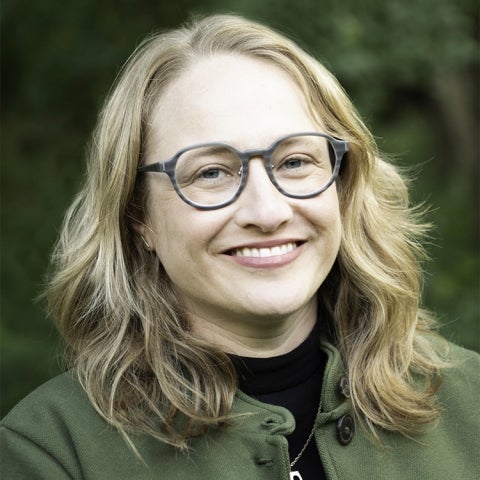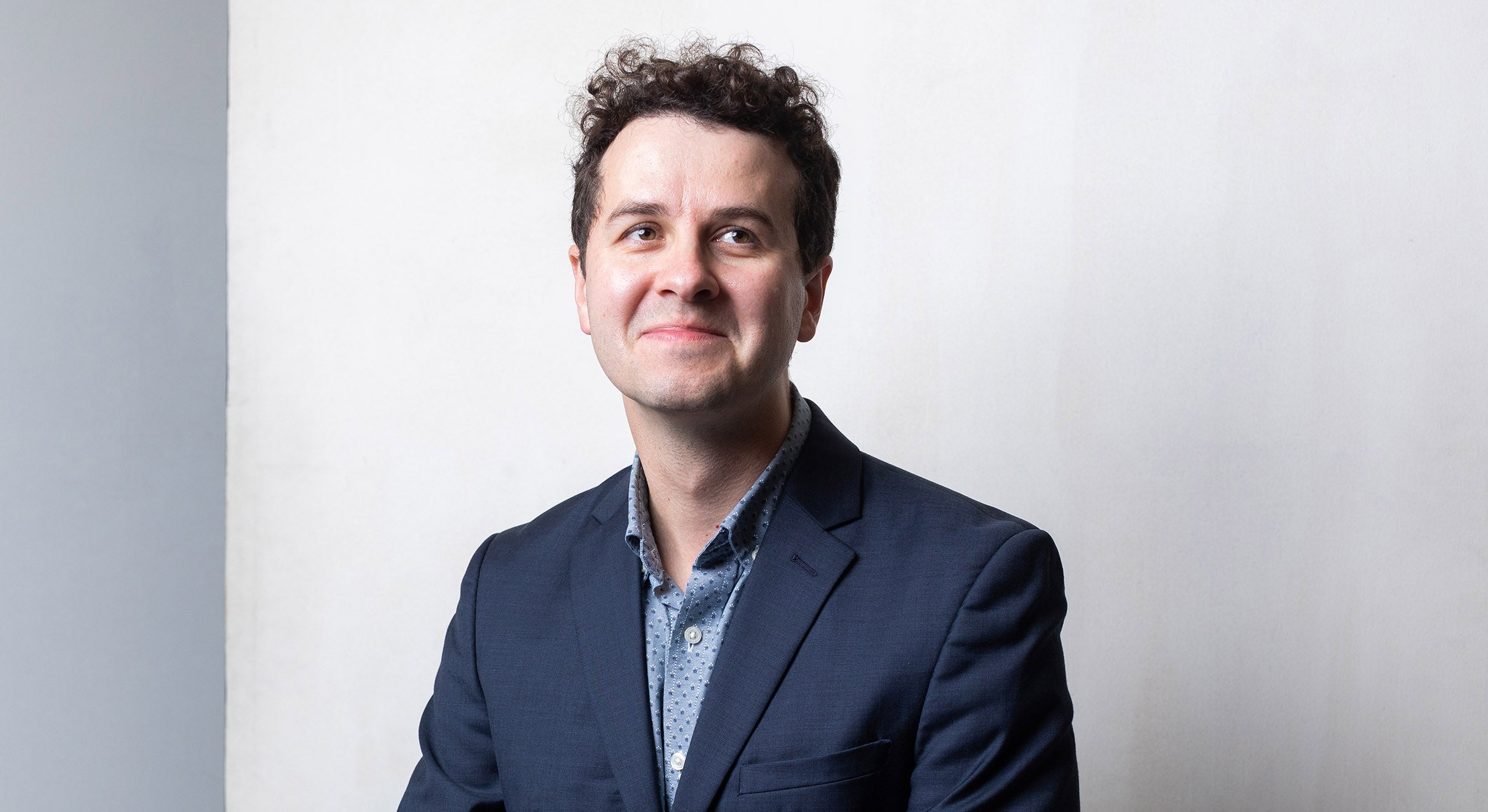Nine early-career faculty members receive 2023-24 Hellman Fellowships

In investigating brain activity via fMRI, brain scientists look to the areas that show signs of increased blood oxygenation, which has allowed them to map specific parts of the brain to certain functions of the mind and the body.
“Most of what we know about brain functionality comes from studying pairwise relationships between activations of two brain regions,” said Nina Miolane, an assistant professor in UC Santa Barbara’s Department of Electrical and Computer Engineering, “which has revealed how neurological disorders, such as Alzheimer’s disease, impact brain functionality.”
However, according to her, pairwise correlations may not tell the whole story, and there’s bound to be a rich world of insight to be gained by a wider-angle view on brain activity in response to injuries and disease, but also for complex natural processes such as aging and menopause.
This new type of analysis is the goal for Miolane. To help her get there, she has been awarded one of this year’s Hellman Family Fellowship Awards, for a project titled “Higher-Order Correlations in Human Brains.”
“We are honored to receive this award for our research studying fundamental principles of neural computations by the human brain,” said Miolane, who is teaming up with UCSB neuroscientist Emily Jacobs, UCSB physicist Jean Carlson and UC Irvine neurobiologist Liz Chrastil for this project.
Miolane is one of nine 2023-24 Hellman Faculty Fellows at UC Santa Barbara, all assistant professors who show capacity for great distinction in their research. The award is designed to support early- to mid-career faculty as they grow their research portfolios.
“These awards can be incredibly impactful for early career scholars by supporting a level of rigor and innovation that can help catapult an assistant professor’s career to the next level,” said Dana Mastro, associate vice chancellor for academic affairs and professor of communication at UCSB.
This year’s Hellman Fellows include:
Vladimir Hamed-Troyansky, Department of Global Studies, for “Global Hijra: Muslim Refugee Migration since 1850”
Dana Kornberg, Department of Sociology, for “Fighting for Capital(ism): Black-owned Businesses and the politics of Liberation”
Teja Nerella, Department of Physics, for “Cosmological recombination on small scales, and implications for the Hubble Constant”
Misha Sra, Department of Computer Science, for “A low-cost actuator for the design of programmable matter”
Ryan Stowers, Department of Mechanical Engineering, for “Engineered 3D platform for ex vivo patient-derived tumoroid culture”
Alisa Tazhitdinova, Department of Economics, for “Understanding capital gains responses to taxes using transaction-level data”
Cathy Thomas, Department of English, for “Unruly Genealogies of Afrodiasporic women and girls”
Yangying Zhu, Department of Mechanical Engineering, for “Blood-vessel-inspired cooling of batteries using internal convective flow”
Initially established in 1995 and launched at UC San Diego and UC Berkeley, the Hellman Fellows program has since expanded to all ten UC campuses and four private institutions. It provides early career fellowships before tenure that allow faculty to continue to take risks and gather necessary data to complete research that will take their academic careers to the next level.
Sonia Fernandez
Senior Science Writer
(805) 893-4765
sonia.fernandez@ucsb.edu





